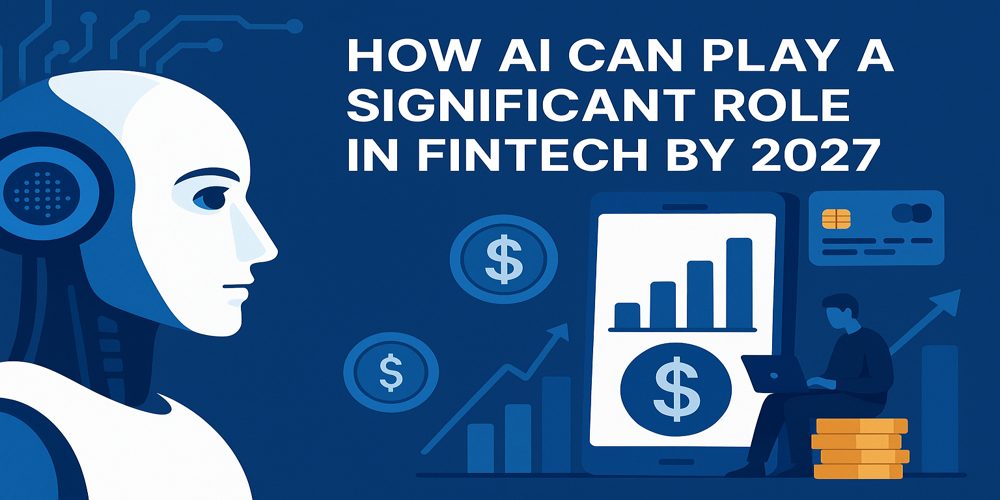Mind Your Score, The Credit Score
One number that most people are familiar with is the percentage score that their children get in their SSC/ICSE/CBSE exams because that will determine which course and which college that they will get into. A relatively lesser known though perhaps equally important (if not immediately it will be in a couple of years) is an individual’s Credit Score. This is the score that a credit information company (currently only CIBIL is calculating this score) provides to prospective lenders. Higher the score less are the chances of default by the individual. Typically a score of around 78% (700 out of a possible maximum of 900) is considered good and 83% (750 out of 900) is considered excellent.
Similar to that of a SSC/GMAT or any other examination score, which opens gateways for higher education, Credit Score opens gateways to your financial life, acting as an important reference point for your lenders.
A company like CIBIL is like the fabled Chitragupta in Yamalok who is the custodian of the records of all human beings on earth who have ever borrowed money . (P.S. Chitragupta keeps a record of all living human beings on earth). Thus depending on how many Punya (paying EMIs/dues in time) or Paap you have done (number of defaults), your overall financial life is studied. Apart from the individual items on your credit report they also calculate a Credit score for you.
Each credit information company uses its own proprietary formula to calculate a single score for each individual that predicts the chances of that individual defaulting on a loan in the near future. Obviously if you have never borrowed in the past then you do not qualify for a credit score simply because the Credit information company will have no records about you.
Now the next question, why is high credit score important? Well if you score below 72% (650 out of 900) you are going to have difficulty in getting a loan and if your score is less than 70% (<630) then , unless there is a mistake in the data , that gets corrected , you can kiss goodbye to any chance of getting a credit card or loan. Not just that your existing lenders are periodically reviewing your CIBIL record (and the score) and if you have a low score, the chances are that banks will take precautionary action to prevent defaults such as slashing the credit limits on your credit card even though you may have no over dues and may be paying your amounts due on time.
Speaking on the objective of CIBIL’s credit score, Mr. Arun Thukral, MD, CIBIL shared, “The Cibil score helps lenders make more reliable, confidant decisions which is derived based on robust data and objective analytics. It can also help them reduce the inefficiencies associated with manual subjectivity, errors and limited information. The CIBIL score provides complete picture of the applicants by drawing data from a wide range of lenders and institutions covering the breadth of India’s financial services market place.”
“The predictability is the result of an advanced scoring model developed using Trans Union’s global capabilities, including the expertise of highly trained professionals with decades of experience in full range of custom analytics, such as characteristic design, model development and scorecard monitoring. The model is tested validated and fine tuned through work with leading financial institutions in India,” says Thukral.
As of now banks/lenders have begun using credit scores only cautiously and negatively. You will not get the credit requested for if your credit score is low. The benefits associated with a high credit score are still to come for customers who take the trouble to maintain them at a high level.
So what can you do to get a high credit score.
First of course is to know what your existing score is. Remember, the credit score is not given to the customer directly when he makes a request for the credit report from CIBIL. The reason for not giving you your own credit score to you will need to be subject of another article. So in addition to asking for a copy of your own credit report from CIBIL, you can make a request to the bank who is considering your loan or credit card application . This report is likely to contain your credit score.
The simplest way for a high credit score is to make sure you pay all your financial dues well in time . If you do not do that then no technique can help you get a high credit score.
You can then do some additional steps to improve your credit score.
First scrutinize your credit report from CIBIL thoroughly for your name, address and PAN number etc., Any mis-reporting or mistakes will have an impact as it is possible that some other persons record has been mistakenly mixed with yours. Your date of birth and PAN no are the most important data items to check . See all the loans shown in your name and verify that the details are correctly shown not just in terms of payment record but also in terms of the date of the facility, credit limit/maximum outstanding amount etc.
Report any mistakes to CIBIL and the concerned bank immediately (see article in the DNA Money of August 17, 2010 on how to do this). If your credit score is low due to an error then it will improve once the mistakes are rectified.
There are certain other factors which you should work towards improving your credit score, besides paying debts on time. These are general techniques which should help in improving your credit score over a period of time.
- The credit information also shows the number of enquiries done by various banks for your credit report. If your record shows that there are enquiries all the time for your record it indicates a person hungry for credit. Of course shopping around with various banks does not have an impact on your credit score as long as the enquiries are bunched around the same time. That is not taken as a sign of credit hungriness. So plan for your credit in advance and only apply to various banks together when you will actually take the loan.
2) If you are a credit card holder, you should at least at one time use it to the maximum possible extent without touching your maximum limit. Of course this should be for an expenditure that you anyway would have incurred and remember to pay back full 100% of amount when it falls due. For some strange reasons which, for reasons of space I will not elaborate, most credit card companies do not report your credit limit to the credit bureau but instead report the maximum amount that has ever been outstanding on it. So if you peak your outstanding in one month (as discussed), in later months your normal outstanding will appear as a small percentage of the maximum outstanding. This indicates that you are a prudent user of credit limits and have sufficient credit limits available to you should you need it in the future.
3) Do not keep unrequired credit limits (like more than 2 credit cards will usually never make any sense) . If you are looking at closing a credit account then, other things remaining equal , keep your older accounts with you as longer the credit history, it becomes more valuable.
The market and the credit information companies are still learning about how and why defaults happen so expect some more updates in the future as the market develops.
Till then, keep working towards a good credit score as it will go a long way in ensuring you a relaxed financial life.








